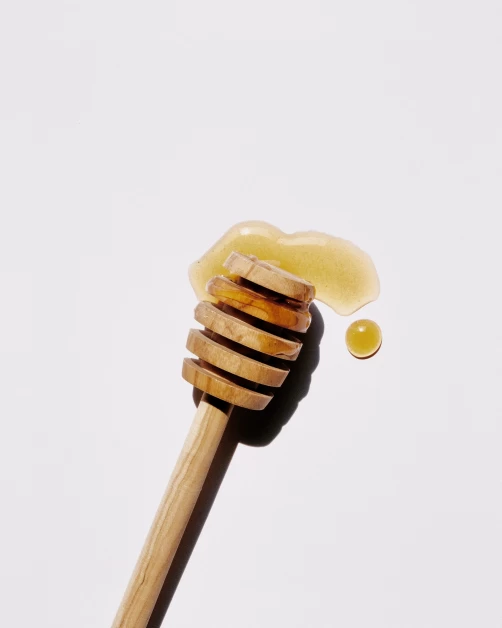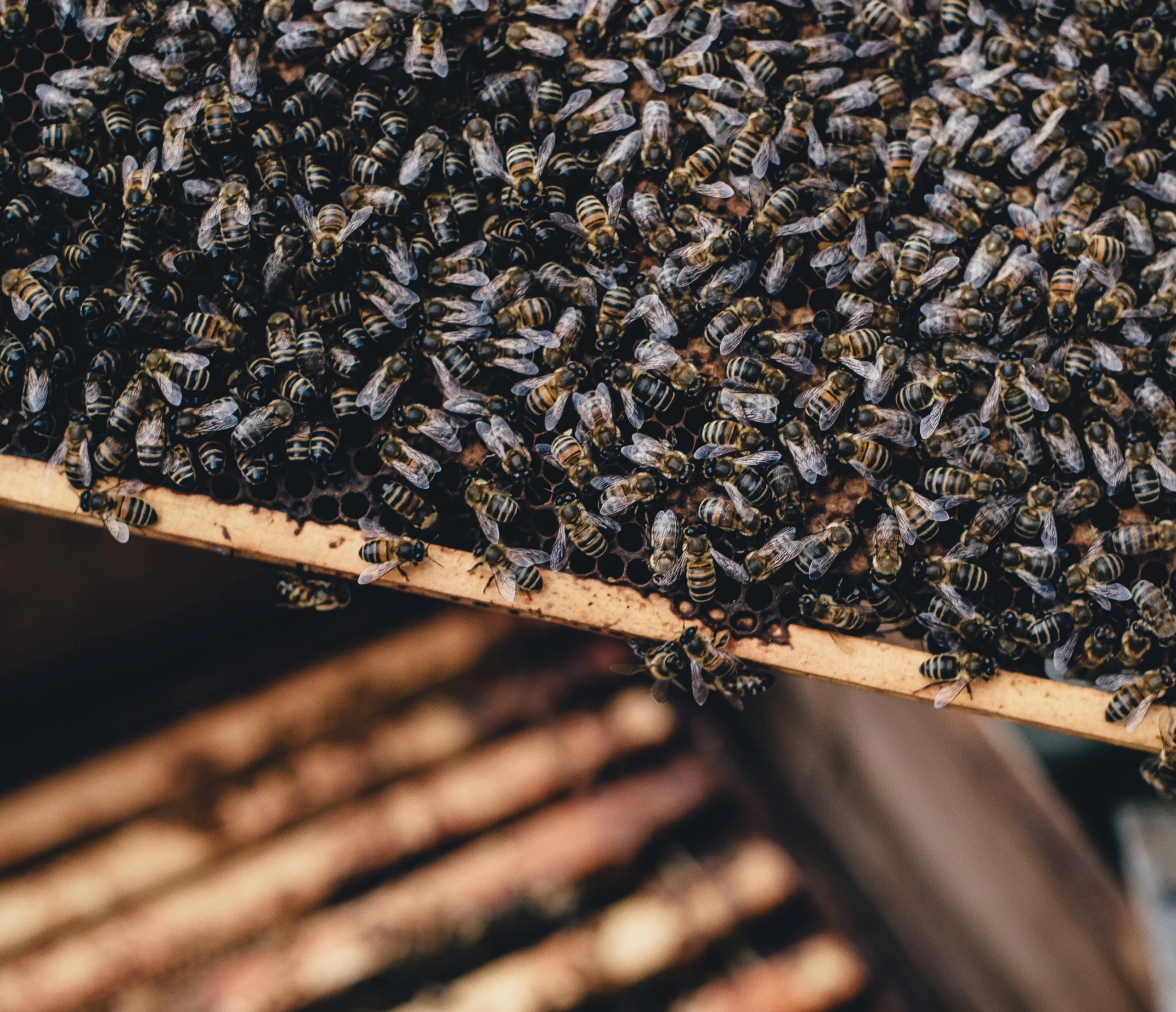Table of Contents
Introduction
Welcome to this article on the healing benefits of Manuka honey for ulcers. In this comprehensive guide, we will explore the various properties and uses of Manuka honey, its effectiveness in treating ulcers, and how to incorporate it into your daily routine for optimal results.
Manuka honey is a unique and powerful natural remedy that has been used for centuries in traditional medicine. It is derived from the nectar of the Manuka tree, which is native to New Zealand. What sets Manuka honey apart from other types of honey is its high concentration of beneficial compounds, such as methylglyoxal (MGO) and hydrogen peroxide.
The Healing Power of Manuka Honey
Manuka honey is renowned for its potent antibacterial properties, which make it an excellent choice for treating wounds and burns. Its ability to fight off harmful bacteria helps to prevent infections and promote faster healing.
In addition to its antibacterial properties, Manuka honey also has anti-inflammatory and antioxidant properties. These properties play a crucial role in reducing inflammation, relieving pain, and protecting against oxidative stress.
Manuka Honey for Ulcers: An Effective Treatment
One of the lesser-known benefits of Manuka honey is its effectiveness in treating ulcers. Ulcers are painful sores that can develop on the skin or mucous membranes. They can be caused by various factors, including infections, digestive issues, and medications.
Studies have shown that the antibacterial properties of Manuka honey can help kill off the bacteria responsible for causing ulcers, such as Helicobacter pylori. This can help to alleviate symptoms and promote healing.
Furthermore, Manuka honey’s anti-inflammatory properties can help reduce inflammation in the ulcerated area, providing relief from pain and discomfort.
How to Use Manuka Honey for Ulcers
When using Manuka honey to treat ulcers, it is essential to choose a high-quality product with a high level of antibacterial activity. This is measured using a grading system known as the Unique Manuka Factor (UMF).
UMF 10+ Manuka honey is the lowest grade with moderate antibacterial activity, while UMF 20+ Manuka honey has high antibacterial activity. For more severe cases, UMF 25+ Manuka honey or higher may be recommended.
To use Manuka honey for ulcers, follow these steps:
- Clean the affected area gently with warm water and a mild soap.
- Pat the area dry with a clean towel.
- Apply a thin layer of Manuka honey directly to the ulcerated area.
- Cover the area with a sterile bandage or dressing to protect it from dirt and bacteria.
- Repeat the process two to three times daily until the ulcer heals.
Precautions and Potential Side Effects
While Manuka honey is generally safe for most people to use, it is essential to keep a few precautions in mind:
- People with diabetes should use Manuka honey cautiously, as it can affect blood sugar levels.
- Some individuals may be allergic to honey. If you are allergic to bees or other types of honey, you should avoid using Manuka honey.
- Manuka honey should not be applied to deep wounds or severe burns without consulting a healthcare professional.
If you experience any adverse reactions or prolonged symptoms after using Manuka honey, discontinue use and seek medical attention.
In Conclusion
Manuka honey is a powerful natural remedy with a wide range of healing benefits. Its potent antibacterial, anti-inflammatory, and antioxidant properties make it an effective treatment for ulcers. By incorporating Manuka honey into your daily routine, you can promote faster healing, alleviate pain, and reduce inflammation.
Remember to choose a high-quality Manuka honey with a high UMF rating for the best results. Follow the proper steps for application and take any necessary precautions to ensure your safety.
Harness the healing power of Manuka honey and experience its soothing effects on your ulcers. Start your journey towards better health and well-being today!
References:



